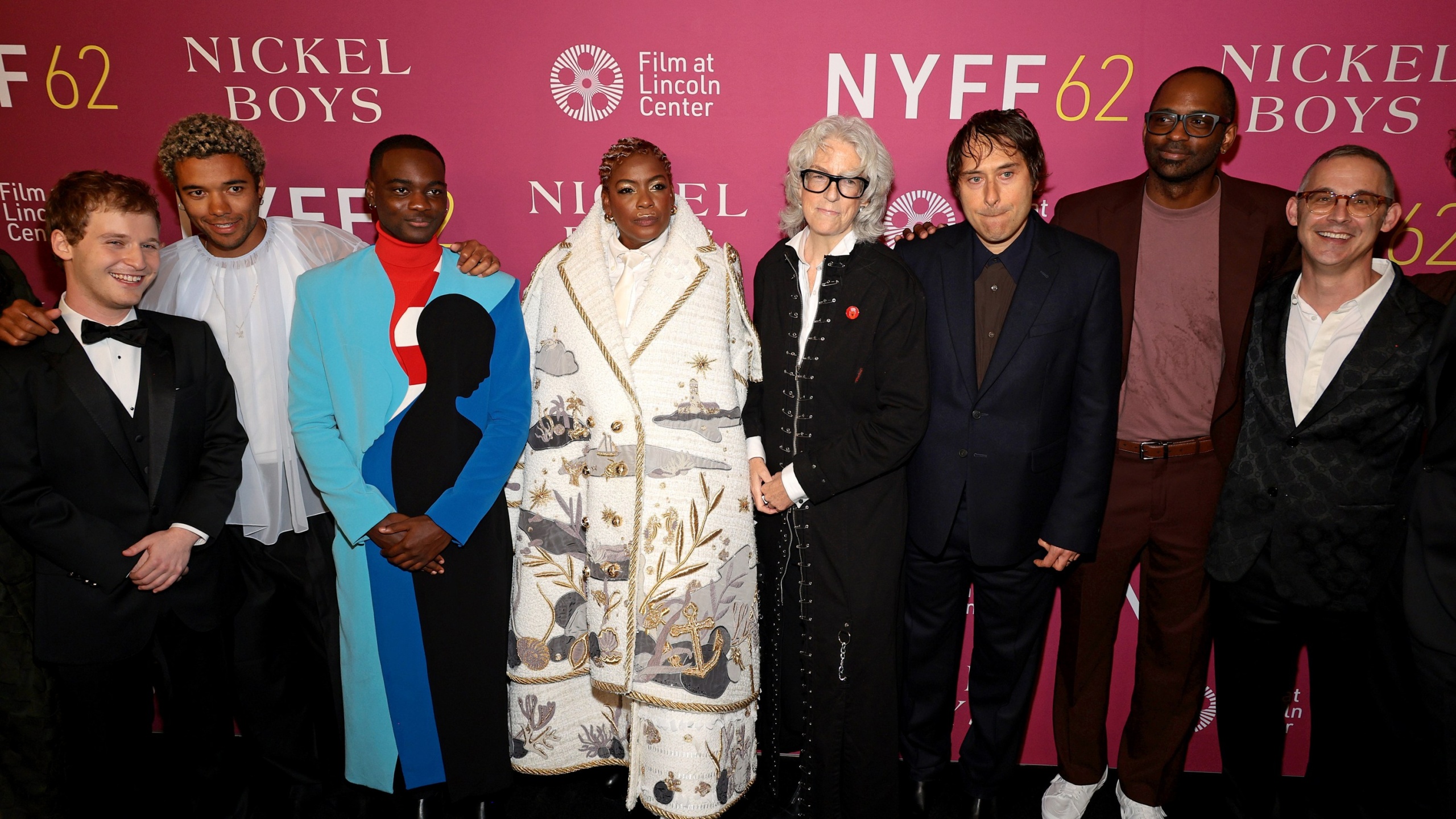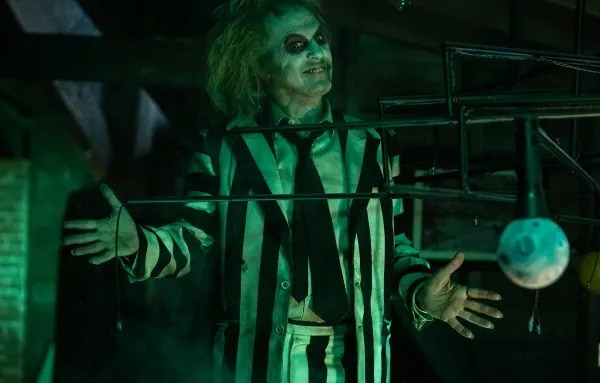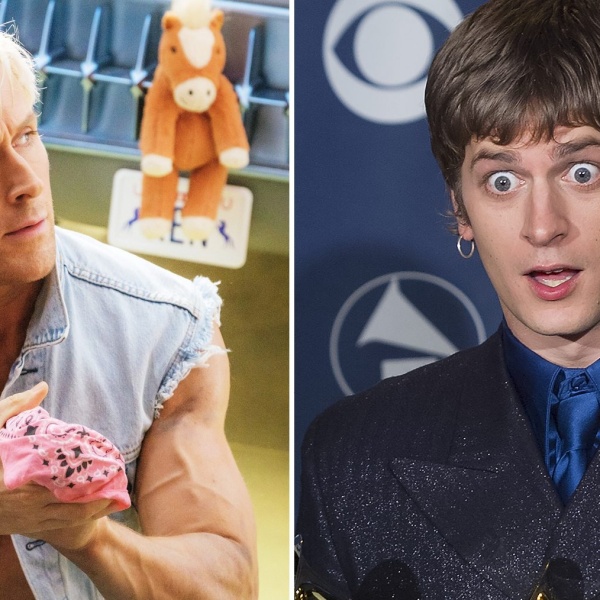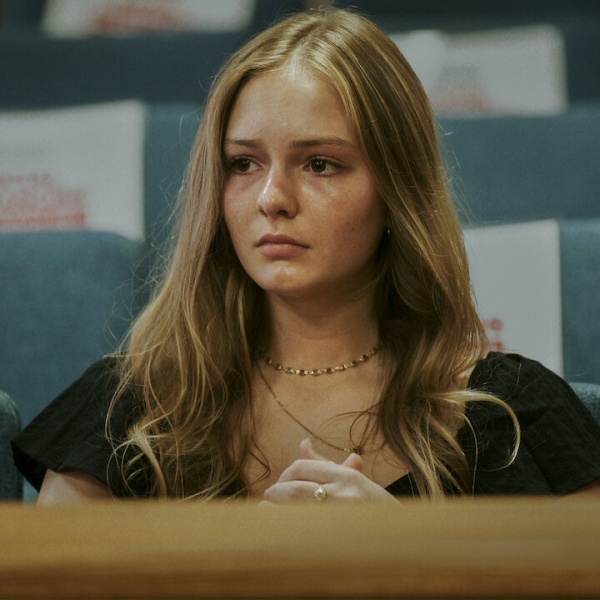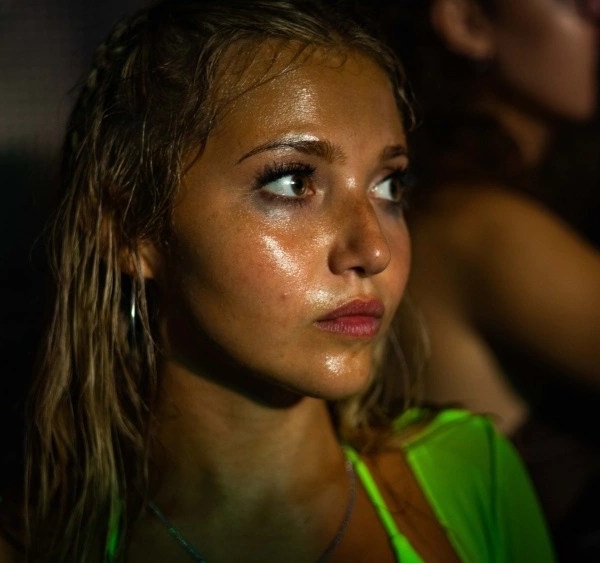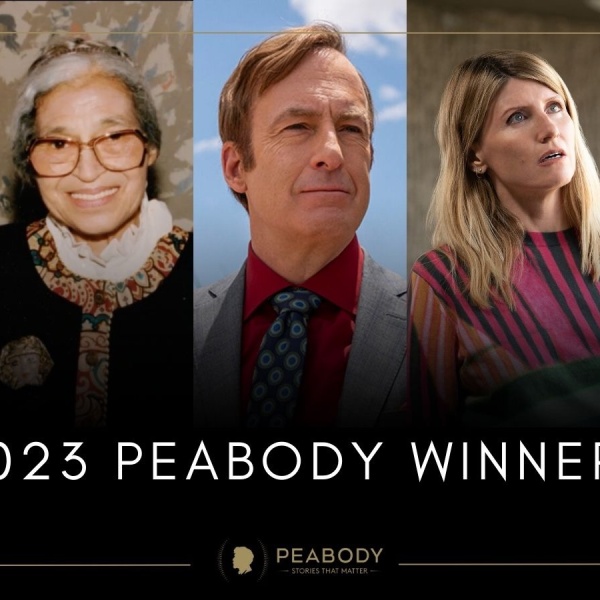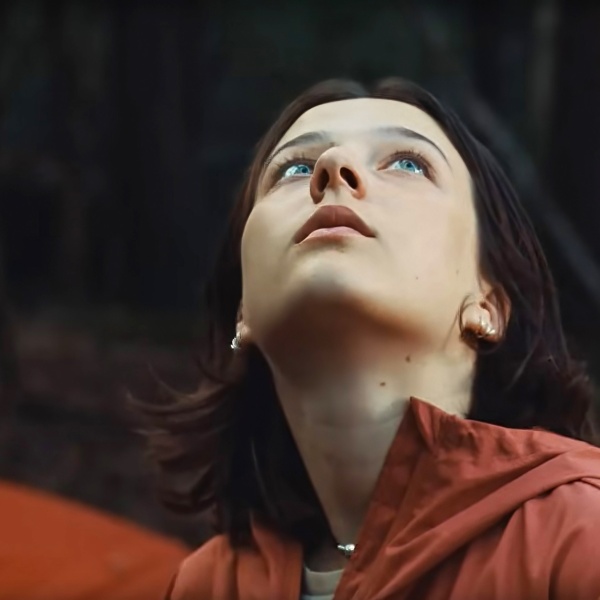The 62nd New York Film Festival (September 27-October 14) got underway Friday with “Nickel Boys” (October 25, Amazon/MGM/Orion), rookie feature director RaMell Ross’s daring screen adaptation of Colson Whitehead’s novel. The film spawned strong applause as well as ardent debate on its challenging mise-en-scène from the attendees at Alice Tully Hall. One thing they agreed on was “King Richard” Oscar nominee Aunjanue Ellis-Taylor’s inevitable second Supporting Actress nod.
At the ritual after-party at Tavern on the Green, an annual celebration for the New York film community, Ellis admitted she couldn’t watch herself and ran from the theater. She provides the beating heart for this extraordinary and divisive movie. “Every year we spend months talking about what opening night will be,” said NYFF director Dennis Lim at the after-party, “because it sets the tone for the festival. RaMell is a filmmaker we’ve loved and believed in since ‘Hale County [This Morning, This Evening].’ [‘Nickel Boys‘] is not a feel-good movie. It’s a film that takes a lot of formal risks. But for us, it was one of the most powerful films we saw. It was a film that felt like he was pushing cinema in a new direction. So why not start with something that really excites us? I hope it pays off.”
Also enjoying the opening night festivities were Plan B’s Jeremy Kleiner, who produced “Nickel Boys” with Dede Gardner and Joslyn Barnes, plus Orion’s Alana Mayo, filmmakers Rebecca Miller, Brady Corbet, Petra Costa, Chai Vasarhelyi, Lulu Wang, Barry Jenkins, and Ari Aster, as well as MoMa chief film curator Rajendra Roy, Kino Lorber’s Richard Lorber, Sony PIctures Classics’ Dylan Leiner and Tom Prassis, Metrograph’s David Laub and Christian Grass, and festival execs Eugene Hernandez (Sundance), David Nugent (Hamptons), and Jacqueline Lyanga (Berlin).
During his opening remarks, Film at Lincoln Center chairman Dan Stern reminded that the festival came through the pandemic stronger than ever, which is not true of many other festivals. This year’s fest marks outgoing executive director Lesli Klainberg’s last, although she will continue to be involved with the Film at Lincoln Center galas and other events. Over the next two weeks, more than 100 films from 41 countries will screen at Lincoln Center, with many already established at other festivals.

NYFF, with its massive media presence, has always played the role of amplifier and consensus builder. “Every year is a new puzzle to solve,” said Lim. “These filmmakers live in the same world that we do. So, the films are going to reflect what we were experiencing, our anxieties about global conflicts, and the rise of fascism. All these things are present in many of the films, but in ways that I find not depressing, but inspiring, because these filmmakers are tackling difficult subject matter in ways that suggest that art cinema is a way to process. It’s a way to engage, to reckon with the world, and especially with the state of the world. This art form is maybe more important than ever.”
One of the most popular titles, judging from its sellout screenings, is Brady Corbet’s Venice Silver Lion winner “The Brutalist” (A24), a three-and-a-half-hour epic starring Adrien Brody as a holocaust survivor making his way in New York. The VistaVision 70mm presentation has turned the film into an event, said Lim: “‘The Brutalist’ word of mouth is good. It’s a bit of a throwback film; Hollywood made films like this all the time. It’s quite a classical film, an accessible narrative film about big themes of immigration, assimilation, bigotry and the American dream. So many ideas are captured in this film in legible ways.”
Closing night brings a new movie to New York that many have not yet seen: Steve McQueen’s World War II drama “Blitz” (Apple TV+), which opens the London Film Festival on October 9. “He is one of the great artists of our time,” said Lim, “and for him to be able to work on this scale — it might be his biggest-budget film — and to see how he works with those resources is exciting.”
